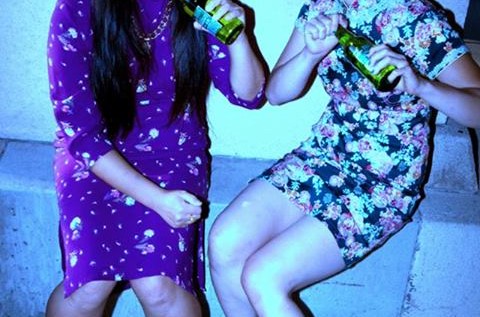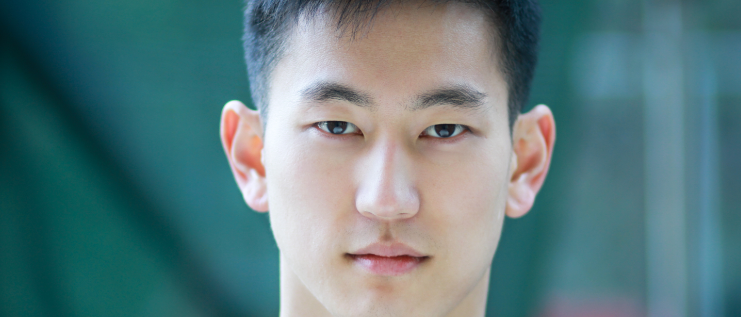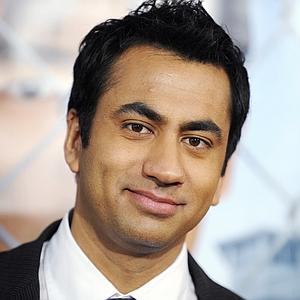Dis/Orient/ed Comedy: An Unconventional Platform for Asian American Women By See Xiong

In 2012, comedians Jenny Yang and Atsoku Okatsuka decided to fill what they saw as a dearth of storytelling opportunities and spaces for people of color, specifically Asian American women. Thus began Dis/Orient/ed Comedy, a west coast-based comedy tour that showcases Asian American female comedians, the first show of which sold out to a crowd of nearly 300 in Los Angeles, Calif., that very summer.
“A blend of Asian American females get to tell their stories on stage with their different styles and different backgrounds,” said Okatsuka, “so inevitably, a couple hundred people who go to each show will hear at least five to six different stories for the night.”
In part, Dis/Orient/ed Comedy works by recruiting local talent for shows — Portland comedians Katie Nguyen and Mona Concepcion performed during a 2013 show in Oregon— and co-hosting events with local organizations, such as the local Portland Asian Pacific American Network of Oregon. Doing this is a way to make Dis/Orient/ed known locally and nationally.
Yang spent much of her college years just outside of Philadelphia with student groups who taught her what was like to be independent as well as a student of color. “In college I got interested in performing poetry,” she said, “and I discovered a community of folks who care about the color community, who want to have fun but also knew how to do the kind of things that bring people together and celebrate each other and share stories.” This, along with experiences of her mother’s under-the-table garment work, inspired her to return to LA to study Urban Planning and to work in labor union organizing.
Even though Yang was aiming for a career in comedy, she wanted more creative freedom to tell stories that mattered to her. It wasn’t until a friend told her that she could “be Margaret Cho” that she decided to try open mic at LA’s Tuesday Night Café, a long-running free public arts and performance series. “It was horrible, but I knew I was able to grow, and sure enough I did,” Yang said. “I always wanted to find where my voice was, and comedy was just a way to do that.”
Okatsuka always knew she wanted to make people laugh, and that she couldn’t see herself in a traditional workplace. “Being able to make fun of myself: I’ve always wanted to do that, so I already had the motivation,” she said. “I just like making people laugh, laugh at things that maybe they were taught not to laugh at.” She believes stand-up comedy is not necessarily the simplest way to make people laugh, but it is the most efficient.
Both women agreed that diversity in comedy is important. “Everyone deserves a voice,” said Okatsuka.
Yang emphasized the need to tell stories that are genuine instead of giving in to the mainstream. “The mainstream media and journalists tell me that I should be a doctor or a scientist, but I’m not, sorry,” she remarked.
Comedy provides a broad arena to talk about various topics and often contains social and political commentary. In addition to showcasing Asian American women, Dis/Orient/ed features other acts, such as D’Lo, a transgender and queer performer. “We get to cross boundaries and play with people’s simplified ideas of what Asian American women might be,” Yang said.
Okatsuka added, “Every story you tell has a sense of political or social commentary. It comes naturally.”
Dis/Orient/ed Comedy has brought communities together by showing the work of an often invisible demographic. It is a social business that values the importance of the Asian American female comedy community that it draws from and allows comics to be who they are despite stereotypes, and most importantly, to tell stories that matter to them.





